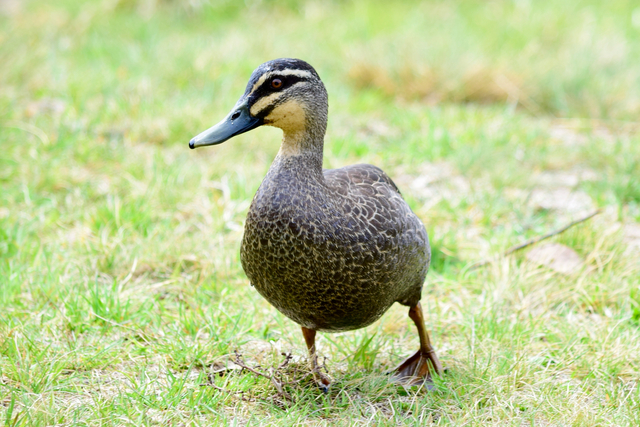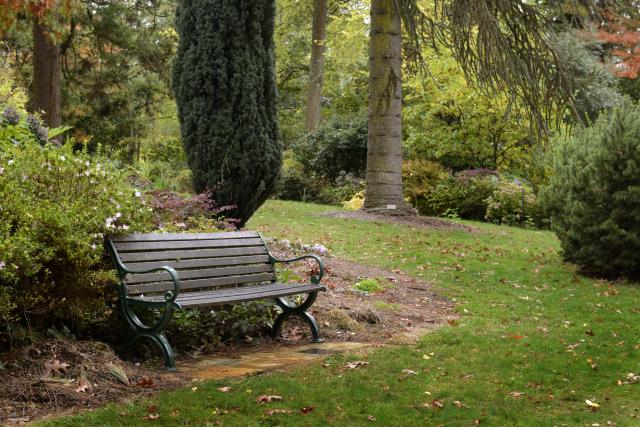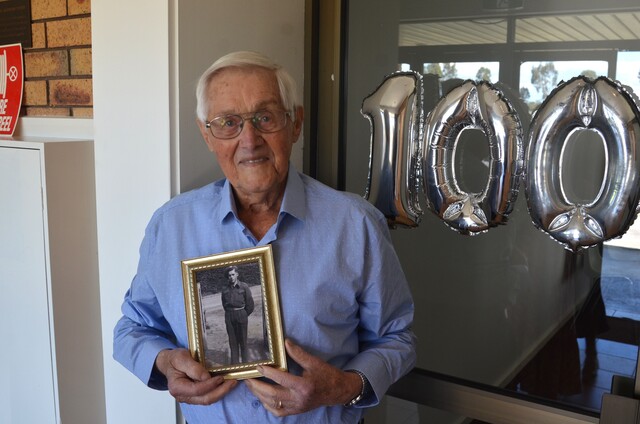It’s been five years since the State Government announced the first-ever review of the Wildlife Act 1975. Just this week, the environment minister released his response.
This has been met with some disappointment by leading wildlife organisations, who said it was a “step in the right direction”, but did not go far enough to address escalating challenges and pressures.
Wildlife Victoria, the peak not-for-profit emergency response service, responded to 160,000 requests for help and cared for nearly 98,000 animals across more than 450 species last year.
Chief executive officer Lisa Palma said Wildlife Victoria welcomed the reforms but would have preferred a new Act to be adopted.
“Despite these positive steps, Wildlife Victoria remains concerned that the State Government has failed to introduce the most significant and important reform recommended by the Expert Panel, a new Act that better protects and conserves wildlife, rather than simply revising the current Wildlife Act,” she said.
“While the announced changes are welcome, they are not enough. Wildlife Victoria will continue to push for stronger protections, ethical management, and better support for wildlife and those who rescue and care for them, across Victoria.”
Similarly, Humane World for Animals Australia director of campaigns Nicola Beynon said the reforms announced fall short of adequately protecting native animals in the state.
“The legislation desperately needs updating as it has allowed the devastating destruction of millions of Australian animals since its conception half a century ago,” Ms Beynon said.
Environment minister Steve Dimopoulos released the government’s response to the Wildlife Act Review on Saturday 18 October. The Wildlife Act hadn’t been reviewed since it became law 50 years ago, although many amendments had been made.
The review was announced in May 2020, with an expert panel delivering its final report in late 2021. Over a thousand submissions were made during the feedback period.
Out of the 40 recommendations listed in the document, 10 recommendations were not supported by the Victorian Government.
Two of the recommendations not accepted, which were highly criticised by advocacy groups, were “to list all deer as a pest animal” and “no longer prescribe duck season to occur automatically”.
In relation to deer, the government responded by stating that “six of (the) eight species are classified as game” and “the current arrangements are not a barrier to effective deer control”.
The expert panel suggested that duck hunting could continue to occur but only under the direction of the responsible minister if “duck populations are stable or improving and hunting will not jeopardise their conservation”.
RSPCA Victoria head of prevention Rebecca Cook said the organisation believes all native birds should be protected under this Act and should not be allowed to be hunted with shotguns.
“We are extremely disappointed to see the government continues to support recreational native bird shooting – something both the expert advisory panel and a Parliamentary Inquiry recommended be banned,” she said.
The call to set up an independent regulator was rejected, as the government stated “the Conservation Regulator is functioning well under its current arrangement as a Division of DEECA”.
Adopting the definition of fauna to mean “any animal-life indigenous to Australia, whether vertebrate or invertebrate” was also rejected. The government’s reasoning said “it is not clear what the benefit would be of including all invertebrates under the proposed definition of wildlife” and that other legislative acts gave fish and aquatic invertebrates protection.
Biodiversity Council policy and innovation lead Lis Ashby said the proposal will do little to address the state’s catastrophic rates of biodiversity decline.
“One quarter to one third of Victoria’s terrestrial plants, birds, reptiles, amphibians and mammals are threatened with extinction, and that the longer-term outlook for many threatened species is poor,” she said.
“Victoria’s 2023 State of the Environment Report reported that assessments of the state’s threatened mammals, birds, reptiles, frogs, invertebrates and freshwater fish determined each to be in poor condition and deteriorating.”
Expert advisory panel member and Biodiversity Council co-chief councillor Yuin man Dr Jack Pascoe from the University of Melbourne said generally the response was underwhelming and lacked ambition.
“The Victorian Government appointed Expert Panel invested extensive time in consulting Traditional Owner and other groups about their perspectives and priorities for wildlife management, and there was an opportunity for some very good work,” he said.
“Many people who participated in consultations in good faith are going to feel let down by the lack of ambition and progress from the Victorian Government in what has been released.”
With seven recommendations specifically focused on Traditional Owners’ self-determination, all were only supported in-principle and deferred for further engagement as Treaty progresses and the findings of the Yoorrook Justice Commission’s report are considered.
Federation of Victorian Traditional Owner Corporations interim chief executive Kaley Nicholson said this was inadequate and an excuse.
“The Government’s known for nearly four years what this panel would recommend but sat on its hands. We know good policy takes time, but another indeterminate delay is just disrespectful. It’s not good enough,” she said.
“Why hasn’t the Government been talking to us about wildlife since 2021? Stop using Treaty as an excuse to kick reform down the road, and pick up the phone – talk to us.”
Both Ms Ashby and Ms Nicholson pointed to the vagueness of the adopted recommendations, with no specified timeframe or implementation strategy.
See further Star Mail coverage for the supported recommendations.







